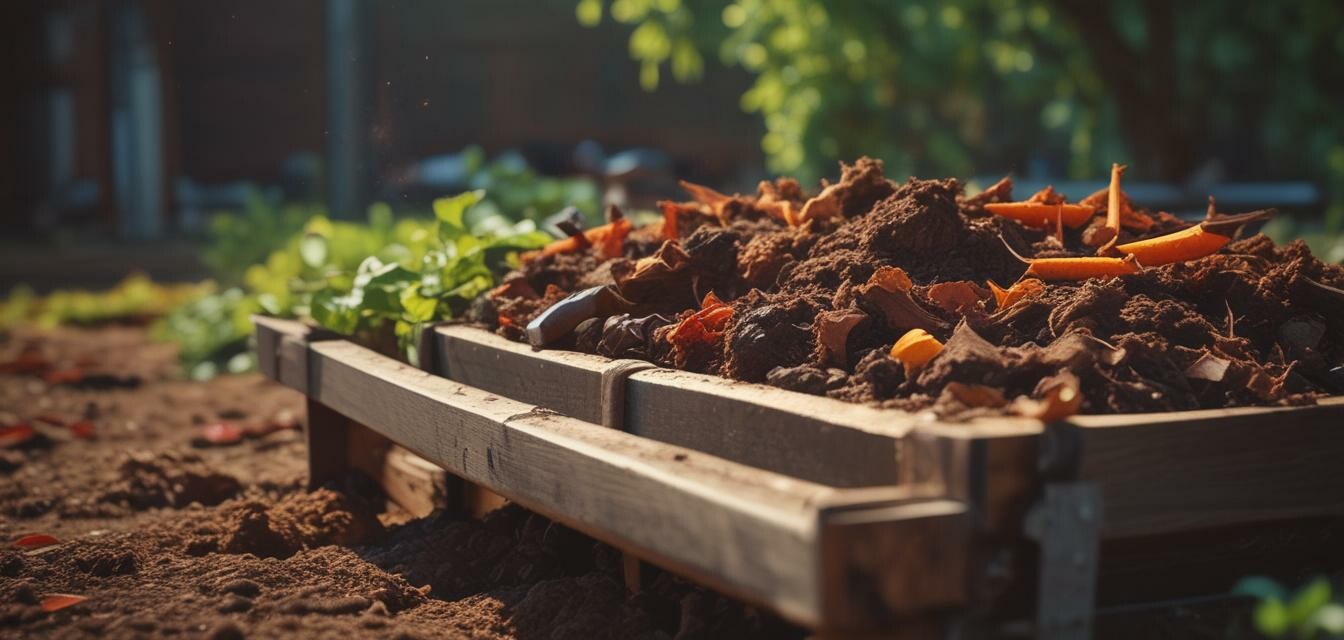
Policy Changes Impacting Composting Practices in 2024
Key Takeaways
- Several new policies are emerging that will affect composting practices on a local and national level.
- Home gardeners stand to gain from these innovations, enhancing their composting efficiency.
- Awareness of these changes can best prepare enthusiasts to adapt their gardening practices.
- Community composting programs are becoming more prevalent, promoting sustainability.
- Emerging technologies in smart composters are focused on efficiency and ease of use for home gardeners.
As we step into 2024, significant policy changes are reshaping the landscape of composting practices across the United States. These changes not only influence how municipal programs operate but also affect home gardeners striving for greener practices. In this article, we will explore recent policy adjustments, their implications for composting, and how individuals can adapt to these changes effectively.
Understanding Recent Policy Changes
Recent years have seen a global effort to reduce waste and promote sustainable living. As part of this trend, several policies are being introduced to support composting initiatives. Here’s a breakdown of essential shifts:
| Policy Change | Description | Impact |
|---|---|---|
| Enhanced Funding for Composting Initiatives | Government agencies are increasing budget allocations for composting programs. | More resources for educational programs and community composting sites. |
| Incentives for Organic Waste Diversion | Offering tax credits and grants to businesses and households that compost. | Encourages broader adoption of composting practices. |
| Mandatory Composting in Municipalities | Some areas are now requiring composting for all organic waste. | Promotes a significant increase in composting awareness and participation. |
| Regulations on Commercial Food Waste | New regulations mandate commercial establishments to compost their waste. | Improves waste management and reduces landfill burden. |
Implications for Home Gardeners
The changes in policy are not just meant for large-scale composting operations. Home gardeners can take advantage of these shifts as well. Here are some critical implications:
- Increased awareness and availability of composting resources, workshops, and local programs make it easier for home gardeners to get involved.
- Smart composters are becoming more accessible and affordable, allowing for quality composting with minimal effort.
- Networking opportunities with local gardening communities enhance knowledge sharing and support collaborative gardening efforts.
The Rise of Community Composting Programs
Community composting is gaining momentum as municipalities focus on sustainability. Here’s how this trend benefits home gardeners:
| Feature | Community Composting | Home Composting |
|---|---|---|
| Collaboration | Fosters a sense of community among gardeners. | Individual effort; limited social interaction. |
| Resource Sharing | Access to shared resources like tools and materials. | Dependent on personal resources; may lack variety. |
| Education | Workshops and demonstrations improve skills. | Self-education through research and trial. |
| Waste Diversion | Significantly increases total waste diverted from landfills. | Variation based on individual effort and capacity. |
Technological Innovations in Composting
With the rise in composting interest driven by policy changes, technology related to composting has also evolved. Let's explore some innovations impacting home gardeners:
- Smart compost bins equipped with sensors to monitor moisture, temperature, and more, ensuring optimal composting conditions.
- Composting apps that provide guidance on compost materials and troubleshooting tips.
- Automatic turners for compost tumblers which simplify the aeration process.
Getting Involved: Tips for Home Gardeners
Tips for Home Gardeners
- Join a local community composting program to gain insights and share resources.
- Stay informed on local policies that may affect composting efforts.
- Invest in smart composting technology to enhance efficiency.
- Educate yourself on the types of materials that can be composted to maximize substance.
- Connect with other gardeners through forums and social media to share experiences and tips.
The Future of Composting Practice
As we progress through 2024, the landscape of composting is expected to continue evolving. The alignment of policy initiatives with public interest will play a crucial role in shaping sustainable practices. The momentum of community involvement coupled with technological advances ensures that composting will become even more accessible and beneficial for home gardeners.
To stay updated on the latest innovations in composting, be sure to explore our section on Composting News, where we cover the latest developments and trends in the composting world.
Pros
- Boosts community solidarity and knowledge sharing.
- Encourages sustainable practices at the municipal level.
- Paves the way for innovative composting technology.
Cons
- Implementation of new policies may be slow in some areas.
- Effectiveness can vary depending on community involvement.
- Some gardeners may feel overwhelmed by new regulations.
In conclusion, as composting policies evolve, it is essential for home gardeners to remain vigilant and proactive. By understanding the implications of these changes and engaging with community-based efforts, individuals can not only enhance their own gardening practices but also contribute to a larger movement championing environmental responsibility.